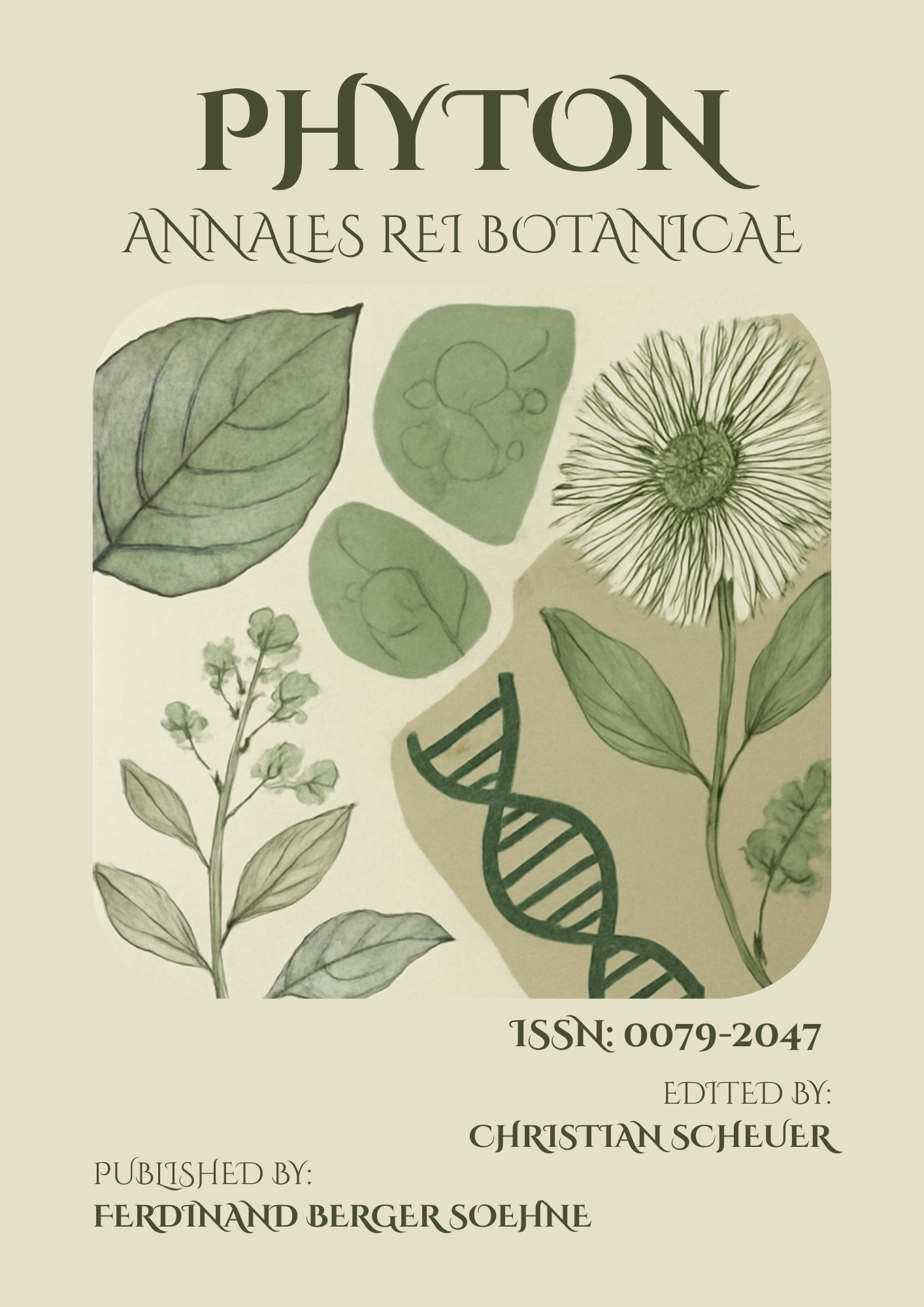Soil Fertility and Sustainable Crop Production in the Amazon Basin
Keywords:
Soil Fertility, Amazon Basin, Land Use, Sustainable Agriculture, Soil Health, Nutrient CyclingAbstract
The Amazon Basin is home to diverse ecosystems and extensive agricultural activities. However, soil fertility degradation has become a significant concern due to intensive farming practices, deforestation, and climate change. This paper examines the impact of land-use changes on soil fertility in the Amazon Basin, focusing on both smallholder farms and large-scale commercial agriculture. The study analyzes the effects of deforestation, monocropping, and fertilizer use on soil health and nutrient cycling. Through field experiments and soil sampling across different regions of the Amazon, the research assesses the extent of soil nutrient depletion and the potential for sustainable soil management practices. The findings highlight the need for integrated soil fertility management (ISFM), which combines organic amendments, crop rotations, agroforestry, and conservation tillage to restore and maintain soil health. The paper concludes by emphasizing the importance of adopting sustainable agricultural practices in the Amazon to preserve soil fertility, mitigate environmental degradation, and enhance long-term agricultural productivity.
Published
How to Cite
Issue
Section
License
Copyright (c) 2024 PHYTON-ANNALES REI BOTANICAE

This work is licensed under a Creative Commons Attribution-NonCommercial-ShareAlike 4.0 International License.
This article is published under the terms of the Creative Commons Attribution-NonCommercial-ShareAlike 4.0 International License (CC BY-NC-SA 4.0). Readers may share and adapt the material for non-commercial purposes, provided appropriate credit is given and adaptations are shared under the same license.



